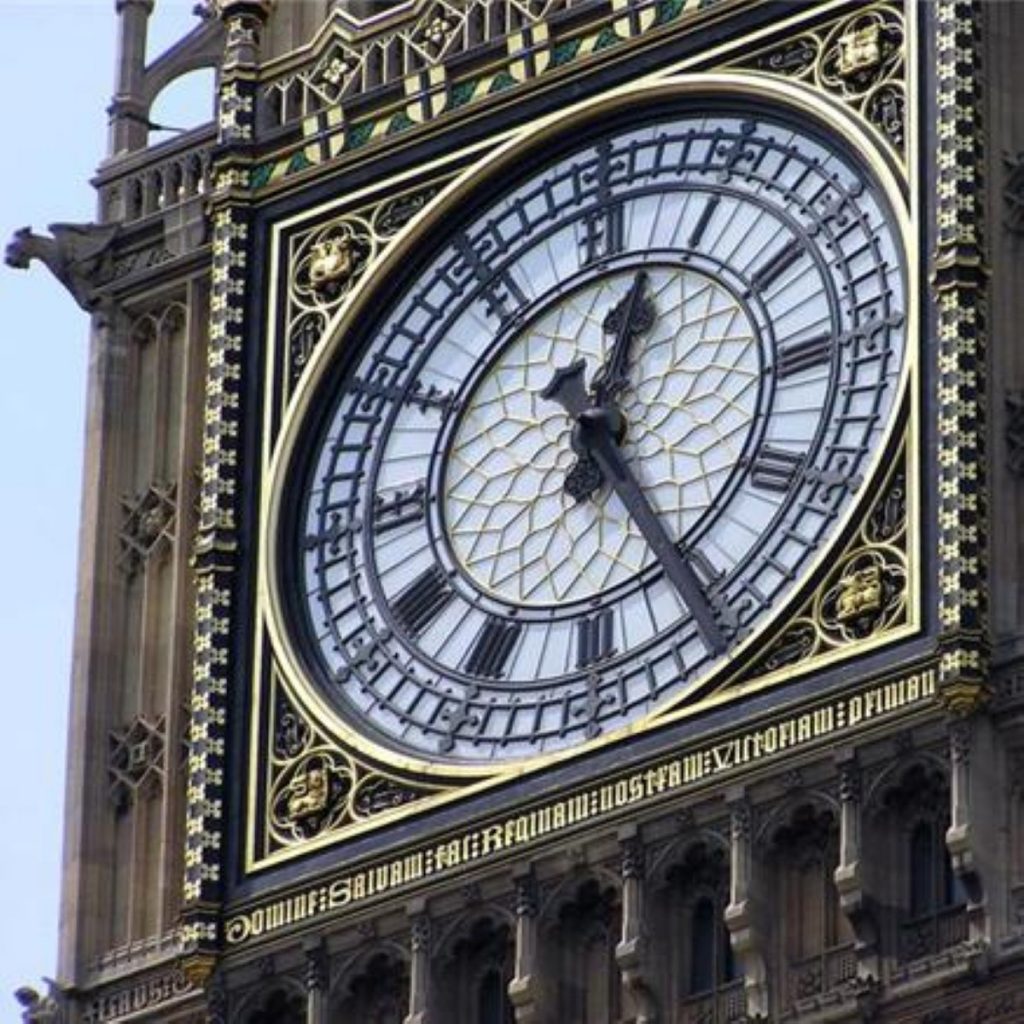Energy chief demands trial by watchdog
E.ON chief executive Tony Cocker has called for a Competition Commission inquiry into the energy sector, as he and other bosses endured a tough afternoon in Westminster.
Big Six energy company bosses were lambasted by MPs over the "absolute outrage" of their energy price hikes – but used the opportunity to lobby the government to try and resolve the issue.
Cocker said he had written to David Cameron requesting for an inquiry into the sector by the Competition Commission.
The prime minister has avoided making such a suggestion so far despite intense public anger at a series of recent energy price hikes averaging nine per cent.


Cocker's move was the only significant policy development in a gruelling two-hour session in which backbenchers on the energy and climate change committee repeatedly attacked the energy chiefs in front of them.
John Robertson confronted those summoned to the committee by insisting that "people don't trust you", after Ian Lavery had accused the Big Six firms of profiteering by selling energy to themselves at an inflated price.
"It's an absolute outrage this has been allowed to happen," he said. "It's an abuse."
All those present denied they were engaged in the practice, although nPower's external affairs director conceded under ten per cent of its energy was sold between its retail and generation parts.
Wholesale energy prices make up nearly half of the total bill but the extent to which this has risen in recent months – driving up costs which the energy firms are passing on to consumers – is disputed.
"We're all trying to break down where the money has gone," Stephen Fitzpatrick, managing director of challenger energy firm Ovo, told the committee.
"You will never find it. These guys are among the best filibusters in the business."
The energy bosses used the platform the committee gave them to call on David Cameron to press ahead with his hint in last week's prime minister's questions that the government could cut back on its subsidies for renewable energy.
MPs were told energy customers could see around £60 stripped off their annual energy bill if the 'energy company obligation', introduced in April, is scrapped.
But Fitzpatrick of Ovo said he did not understand why the Big Six had had to increase their prices, when its own wholesale costs had actually fallen.
Cocker, the only chief executive to have deigned to attend the session, said his company E.ON UK would resist another price increase "as long as we can".
Analysis of Ofgem data on customer bills showed profit currently stands at six per cent, well above the 1.5% suggested as a profit margin price control for energy supply by the market regulator in 2008.
"The key question for the big six is why profits of five to six per cent are acceptable in a competitive market," said IPPR director Will Straw, who conducted the analysis.
"In 1998, as the market was liberalised the regulator believed 1.5% was an adequate margin for energy suppliers. Profits in other sectors like supermarkets are as low as two per cent.
"Energy companies need to come clean on why their profits have kept rising when consumers are being squeezed by so many other costs."
Conservative MP Philip Lee suggested the Big Six were speaking as one on the issue, after SSE's managing director William Morris said "we're all facing into the wind so we're all facing similar pressures".
Lee said: "You've been very smooth. There is a suspicion you're a chorus line acting in concert. I get a sense this is more monopoly than competition."
Energy prices have become the most important political debate taking place in Westminster since Ed Miliband demanded they be frozen for 20 months while the market is 'reset'.
The policy has proved popular with the public but some experts have warned that it will see steep rises in prices before and ahead of the freeze period.
Energy bosses confirmed today they would not seek to pre-emptively raise prices before the hike, however.
Many have already done so, with several recently adding an average of around nine per cent to their customer's bills.
"The energy companies must come clean about why they are imposing yet another round of inflation-busting price rises this winter, when they are already making huge profits," Caroline Flint, Labour's shadow energy secretary, said earlier.
"The latest revelations about rising profits and the growing gap between wholesale costs and household energy bills highlight why answers are needed."
Last week former prime minister John Major suggested a windfall tax should be imposed on energy firms, not unlike that implemented by New Labour when it came to power in 1997.
Downing Street said the idea was "interesting" but does not plan to implement it.

